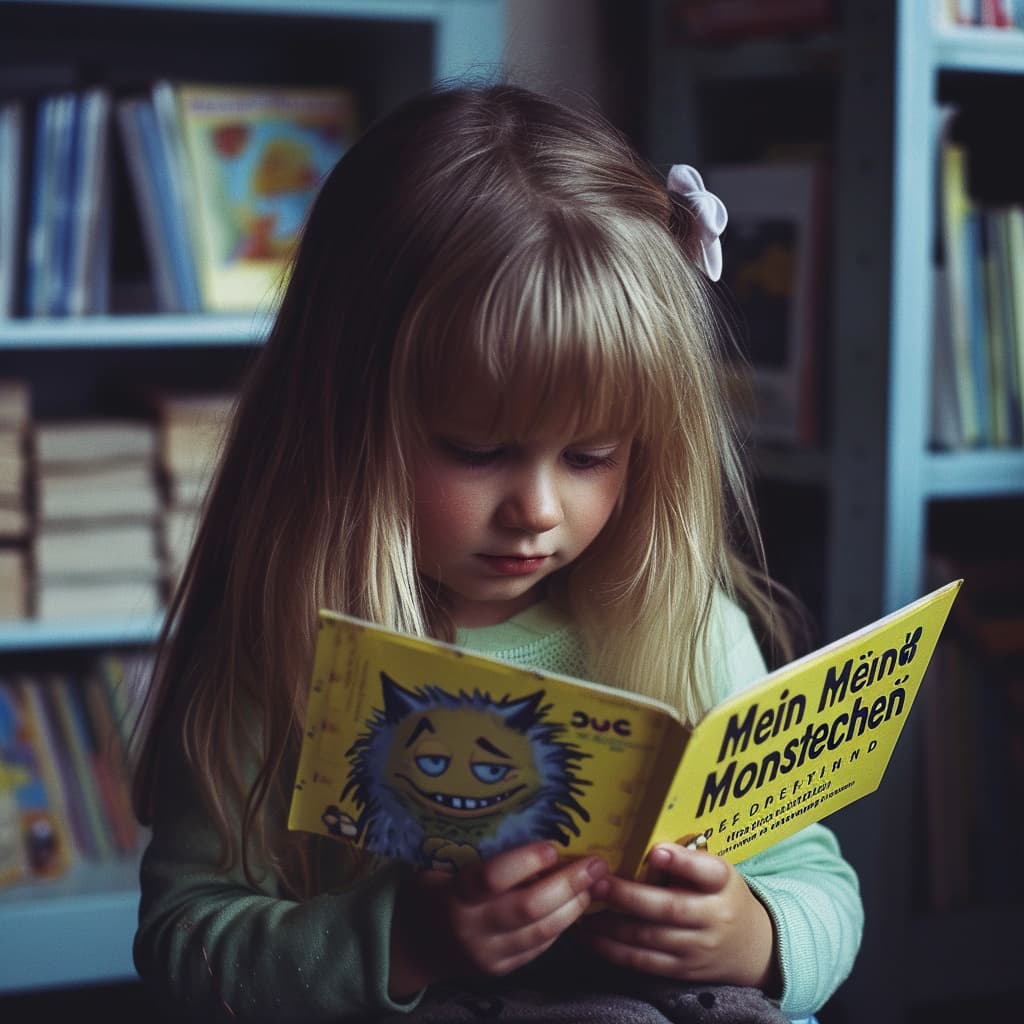Physical development Physical development has many things – height, weight, coordination, but most adults do not take into account the
Continue readingChild psychologist: “Five-year-olds have no place at the desk”
All the world is a laboratory to the inquiring mind.
6 to 12 months This period refers to a greater extent not to the plot and plot lines or stories,
Continue readingHow to teach your child to love books? (6-12 month old)
At this age, babies become more and more independent. Listen to your child and let him stop and interrupt you.
Continue readingHow to teach your child to love books? (12-18 month)
Age 3 to 5 years This is the period of active growing up of the baby. This age suggests that
Continue readingHow to teach your child to love books? (3-5 years old)
Physical development Physical development has many things – height, weight, coordination, but most adults do not take into account the
Continue readingChild psychologist: “Five-year-olds have no place at the desk”
6 to 12 months This period refers to a greater extent not to the plot and plot lines or stories,
Continue readingHow to teach your child to love books? (6-12 month old)
Bullying (from the English. To bull – to persecute) is the aggressive conscious behavior of one child (or group) towards
Is the full development of a child possible without additional education? Although the document “On Education” says that one of
Continue readingWhy do you need additional education for children
For most, the realities of life in Asian countries remain unknown. As a destination for tourism, this part of the
Continue readingFeatures of school education in the Far East
Perhaps the most pressing topic in the media world today is the issue of “fake news”. Even Elon Musk, the
Continue readingHow and why should children be able to distinguish between “fake news”?
All parents dream of a polite little child who says please and thank you. After all, your baby’s behavior reflects
Continue readingModeling behavior is the best way to teach your child good manners
Instilling a love of reading in children is one of the most valuable gifts a parent can give. Reading not only enhances academic skills but also nurtures imagination, empathy, and lifelong learning. Here are some effective strategies to help your child develop a passion for books.
Introducing books at an early age is crucial in developing a lifelong love of reading. It’s never too early to start reading aloud to your child, even during infancy. This early exposure helps them develop language skills and understand the rhythm and melody of spoken words.
A dedicated reading space can significantly enhance a child’s interest in books. It provides them a special place where they can retreat with a good book and immerse themselves in reading.

Children’s interests can vary widely and change quickly. Keeping a diverse collection of books available can help pique their interest in reading regularly.
Having the freedom to choose what to read empowers children and makes reading a more enjoyable and personal experience.
In the digital age, embracing technology can enhance traditional reading experiences. E-books, audiobooks, and interactive book apps can make reading more accessible and engaging for children who are drawn to electronic devices.
If your child shows interest in a particular topic, be it dinosaurs, space, or fairy tales, find books that explore these subjects. Visiting libraries or bookstores together can be an adventure, making the hunt for the next great book exciting. Moreover, themed parties are a fantastic way to bring books to life and deepen engagement.
Interactive discussions about books can enhance comprehension and make reading a shared, social experience.
Children are greatly influenced by what they observe in their environment. Seeing adults engaged in reading can inspire them to read more themselves.
Every child is different, and their interest in reading will develop at their own pace. If your child doesn’t show interest immediately, don’t be discouraged. Continue to provide opportunities for reading and exploring books together.
Make reading a celebration, not a chore. Reward your child with more books, and acknowledge their progress as they read. Have a “book of the month” feature or create a reading chart with stickers for completed books.

By fostering an environment that values reading and encourages exploration of books, you can help your child develop a lifelong love for reading. This journey is not just about learning to read but learning to love the adventure that books can bring.